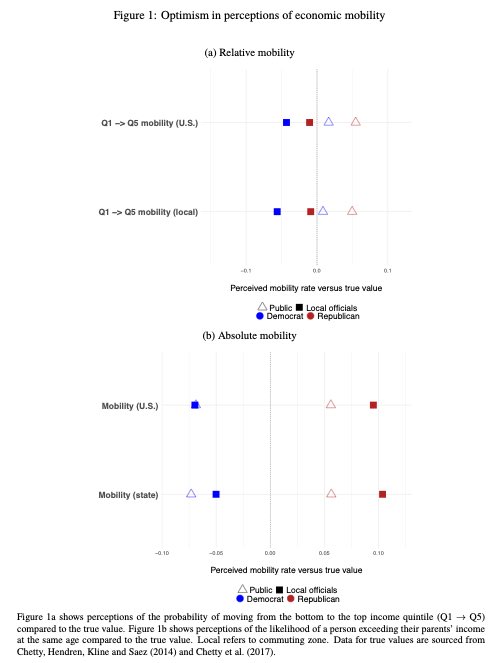
Long way to go, but more traditional NSF funding & DOE national lab funding have successfully attached themselves as solutions to today’s focus problem of Chinese technology competition; also, the distributed locations of national labs & grant-seeking universities still matter
https://twitter.com/BrendanBordelon/status/1392565896670072833
Compared to other issue areas, significant science & tech policy changes involve more leadership from administrative agencies; but the policymaking network is sparsely connected with no core; there has long been high international but low public influence
amazon.com/Artists-Possib…
amazon.com/Artists-Possib…
There is now a good chance that we'll more than double traditional NSF directorate funding (while creating a new directorate & funding national labs) under the guise of an anti-China technology competition bill
Senate bill now more closely tracks the House bill, but with more $
Senate bill now more closely tracks the House bill, but with more $
Even super politically engaged academics I follow (many of whom even have a direct interest in NSF funding) seem a lot less interested in this bipartisan bill that might become law than several bills that won’t happen; it is lower salience as an interest group not partisan fight.
• • •
Missing some Tweet in this thread? You can try to
force a refresh








